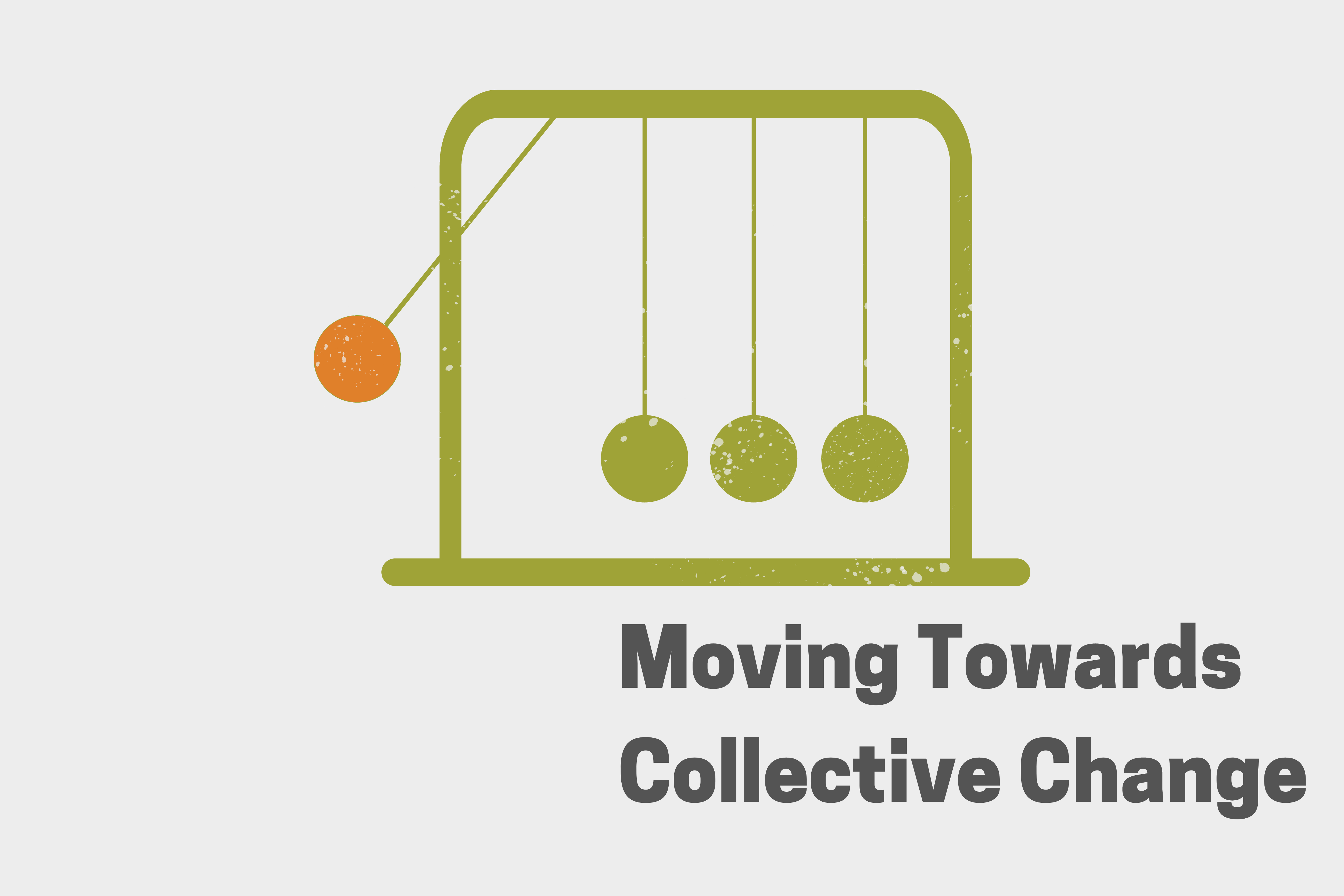
At the Jews of Color Initiative, our work in community education helps to create change in institutions through creating pathways to leadership for Jews of Color and leading educational sessions and trainings with predominantly white Jewish leadership. We are proud of our efforts that contribute to the vibrancy and dynamism of this moment for our movement. Change is happening because change is being generated through different strategies, all aligned toward a common goal to create more inclusive, welcoming Jewish communities that reflect the multiracial reality of Jewish people today.
Throughout the course of this year, beyond grantmaking, our efforts to mobilize change were reflected in think tanks we held with JoC community members and leaders—including clergy and spiritual leaders—our ongoing conversations with major legacy institutions, Jewish communal professionals, and philanthropists, and Leadership Fellows, of whom we are especially proud.
Our New York Hub’s Leadership Fellowship enables staff and colleagues in the field to engage in equity-driven, race-aware education with young adult JoC leaders. In addition to their placements at Jewish nonprofits in New York City, our Leadership Fellows have weekly learning and development sessions. In these sessions, our Program Director of New York, Riki Robinson, cultivates a space of deep learning, collective accountability, and healing that can have ripple effects throughout the community.
Fellows shared that the cohort is a supportive group of community members, colleagues, and friends. One Fellow said, “There is something so beautifully healing about being in a space of your peers, of people that you have only just met and yet resonate and empathize with specific parts of your journey that you always thought you would bear alone. The burden of always having to justify your Jewish faith, defend your right to be in a space, and simply advocate for yourself whether consciously or unconsciously was lifted. Together, we were just Jews—with no need to add ‘of color’ because there wasn’t anything else to which we had to compare ourselves.”
These weekly sessions also engaged Fellows in journeys of personal learning and belonging. One Fellow shared, “I have a much deeper, and richer understanding of what it means, and looks like for myself and others, to be a Jew of Color. I have a lot more tools to advocate for myself, and also reflect upon the nuanced aspect of my identity. I feel like I can confidently speak to others about being mixed, dual religious, and a JoC in a way I could not have before starting the program.” Following this year’s successes, we are currently recruiting for a second cohort of the Leadership Fellowship as well as our other premier program at the New York Hub, the Incubator.
As our Fellows reflected on their identities, we sought insights from other leaders who are essential to sharpening what we know and understand about our dynamic field. In November 2021, we hosted think tanks with Jews of Color who are—or are studying to become—rabbis, cantors, Kohenet Priestesses, and other spiritual leaders in the Jewish community. Our goal was to develop understanding of ways to support JoC clergy and spiritual leaders. From these rich discussions, we laid the groundwork to expand community support built directly from the needs, interests, and visions expressed by JoC clergy and spiritual leaders. These dialogues are informing the coming year’s programmatic goals to create dynamic opportunities for connection, cross-pollination of ideas, and a virtual gathering and resource-sharing space for Jewish clergy and spiritual leaders of Color
This past year reinforced our commitment to strong relationships with partner organizations as partnerships are key to driving institutional change. To this end, our presentations to the national Jewish community on the findings of Beyond the Count were wonderful opportunities to strengthen relationships with major legacy institutions, such as the URJ and the RAC. These stronger partnerships will lead to more collaborative programming and impact. We have also hosted and been featured in Beyond the Count conversations with national entities such as JFNA, Hillel International, National JCC Association, and the Network of Jewish Human Service Agencies, among others, helping to seed ideas and develop plans to make real, tangible change in their institutions and communities.
This year the Initiative sought additional ways to engage major Jewish institutions in service of creating more JoC-inclusive and equity-guided programming. The JPro22 conference drew 1,200 participants, 12% of whom were Jews of Color, due in part to JoCI’s collaboration with JPro. With event concept-scaffolding provided by the JoCI, Jewish leaders of Color served as co-chairs, speakers and workshop presenters at the conference. JoCI team members also led several sessions and events, including “Philanthropic Strategy with a Lens of Racial Justice,” and a JoC welcome reception. After the event, Gamal Palmer and Stacey Aviva Flint wrote an op-ed saying the JPro conference “mirrored the diverse demographics of the Jewish community, likely for the very first time at a major, national Jewish event.”
In collaboration with Slingshot Fund and another expression of our community education effort, the Initiative is also preparing to release an anthology on racial equity and philanthropy, Racial Equity-Informed Philanthropy: A Funder’s Resource from a Jewish Perspective. This book includes six chapters and accompanying Jewish wisdom sections. The book features the scholarly perspectives of Ilana Kaufman and contributing authors who hold a particular expertise: Imani Romney-Rosa Chapman, Rabbi Sandra Lawson, Dr. Analucía Lopezrevoredo, Joanna Ware, and Ginna Green. We are excited to drive communal change through this (and other) engaging educational content that features experts in the field and speaks to people in positions of power.


